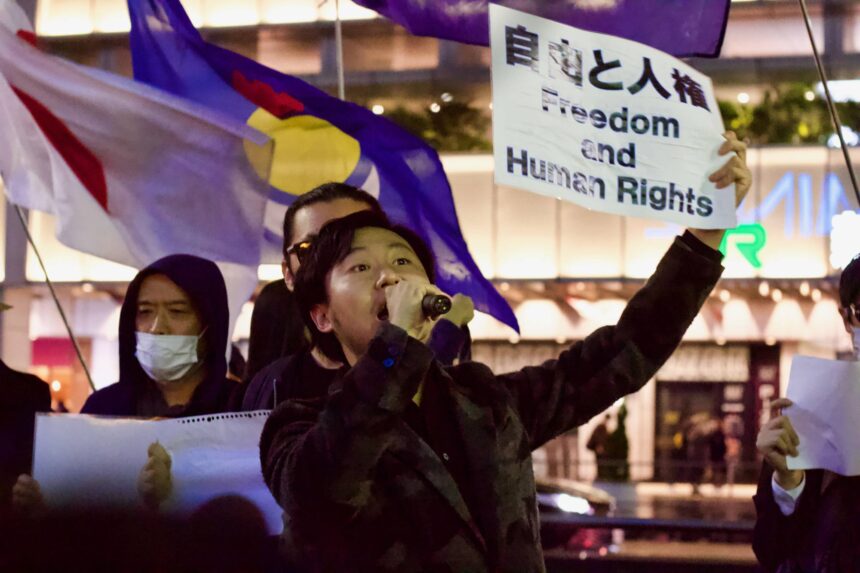A group under the U.N. Human Rights Council has released a comprehensive report on rights issues in Japan. It highlights problems such as discrimination against minorities and unhealthy working conditions, Japan Today reports on May 30th.
The report, issued this week in Geneva, recommends several changes for Japan. These include increased training in businesses to raise awareness of rights issues, establishing mechanisms to hear grievances, enhancing diversity, strengthening checks on labor conditions, and imposing sanctions on human rights violations.
The U.N. Working Group on Business and Human Rights, which visited Japan last year, consists of independent human rights experts working under a council mandate, though they do not speak for the council.
The report identifies issues like the gender wage gap and discrimination against the Ainu indigenous group, LGBTQ individuals, and people with disabilities, noting a long list of people it considers “at risk.”
The crux of the challenges faced by at-risk stakeholder groups is the lack of diversity and inclusion in the labor market, on the one hand, and the prevalence of discrimination, harassment and violence in the workplace and society at large on the other
The report described the working conditions of foreigners and migrants as “abhorrent” and expressed concern about cancer cases among Fukushima nuclear plant workers following the 2011 meltdowns.
It also highlighted the need to improve protection for whistleblowers and access to the judicial process in Japan.
Read more: Arab and Muslim Professionals Exit France
The report raised issues of alleged sexual abuse at the Japanese entertainment company formerly known as Johnny and Associates. Dozens of men have alleged sexual abuse by Johnny Kitagawa, the company’s former head, during their time as child and teen actors and singers decades ago.
Kitagawa, who was never charged, died in 2019. Johnny’s current head issued a public apology in May last year, but the company has yet to respond to the report.
The report criticised the monetary compensation paid by the company, now renamed Smile-Up, to 201 victims as insufficient.
This is still a long way from meeting the needs of the victims who have requested timely remediation, including those whose compensation claims are under appeal
It also called on Smile-Up to provide free mental health care, including access to lawyers and clinical psychologists. Junya Hiramoto, one of the survivors who came forward, welcomed the report as a first step:
The abuse is not past us. It is with us now and will remain with us
Japan today and agencies


Leave a Reply